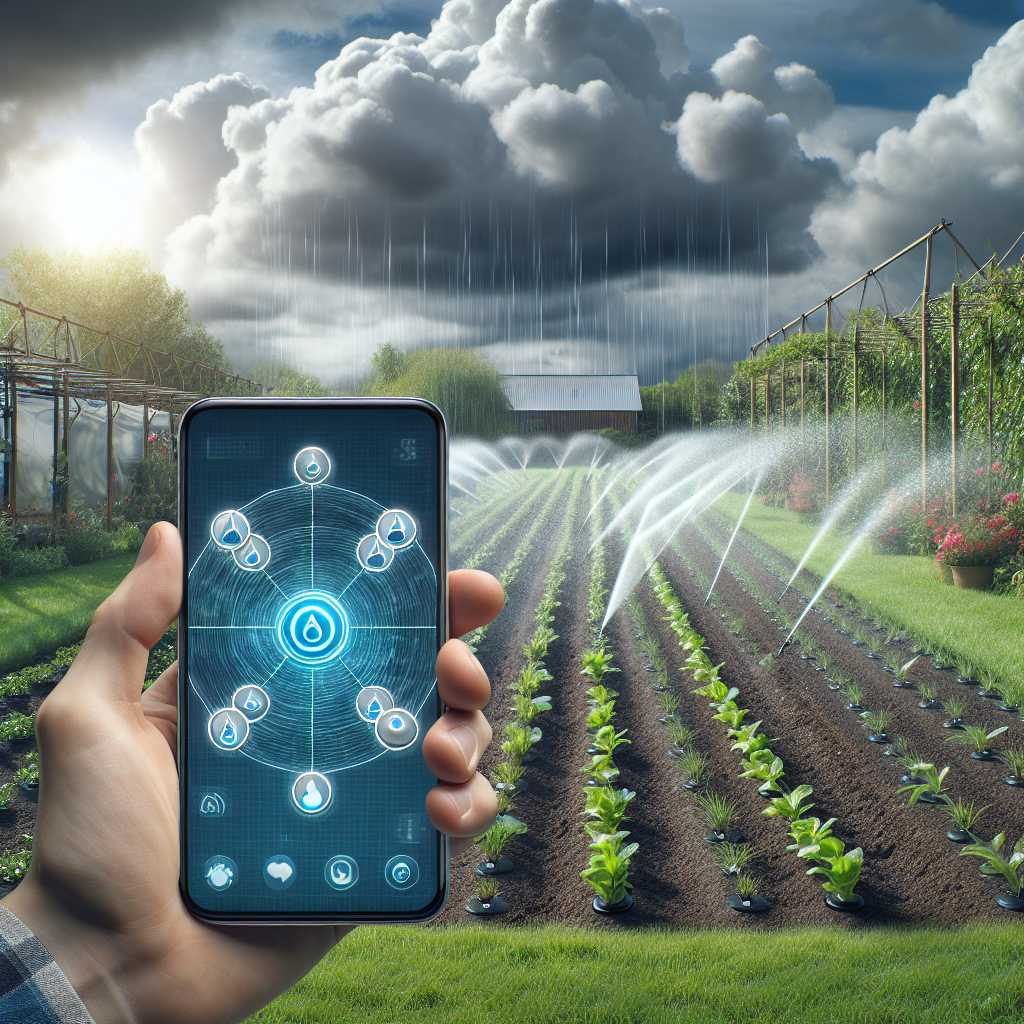Example Article
Understanding Hosepipe Bans and Their Impact
Hosepipe bans are emergency restrictions imposed by water authorities to limit non-essential water use during periods of drought or water shortages. Typically, these bans prohibit the use of hosepipes for activities such as watering gardens, washing cars, or filling swimming pools. The primary aim is to conserve water resources and ensure supply continuity for essential domestic and commercial needs. In the UK, where unpredictable weather patterns have led to increasingly frequent droughts, hosepipe bans have become a critical tool in water management.
The impact of such bans extends beyond just the inconvenience to households; they also affect local businesses reliant on water-intensive activities. Garden centres, car washes, and sports facilities often experience operational challenges during these restrictions. Moreover, public awareness campaigns accompanying hosepipe bans highlight growing concerns over sustainable water use and climate change adaptation.
Despite their necessity, hosepipe bans are often seen as reactive measures. They signal already strained water supplies and can provoke frustration among consumers. This reactive nature underscores the importance of proactive solutions that reduce reliance on mains water for irrigation and other non-essential uses.
Smart Irrigation Systems: A Proactive Solution
Smart irrigation systems represent a technological advancement designed to optimise water use in gardens, parks, and agricultural settings. These systems utilise sensors, weather data, and automated controls to deliver precise amounts of water only when necessary. By adjusting irrigation schedules based on soil moisture levels and anticipated rainfall, smart systems significantly reduce water wastage.
Unlike traditional fixed-timer sprinklers or manual watering with hosepipes, smart irrigation minimises human error and inefficiency. For instance, if rain is forecasted or soil remains sufficiently moist, the system will delay or skip watering cycles. This not only conserves water but also promotes healthier plant growth by avoiding overwatering.
In regions prone to hosepipe bans, adopting smart irrigation can lessen the demand on mains water supplies during critical periods. Homeowners and businesses equipped with these systems are better positioned to comply with restrictions while maintaining green spaces effectively.
Technological Features Driving Efficiency
Modern smart irrigation solutions incorporate a variety of technologies that enhance their effectiveness. Soil moisture sensors placed at root depth measure real-time hydration levels, providing data that informs watering decisions. Coupled with local weather stations or internet-based forecasts, these systems can dynamically adapt to environmental conditions.
Additionally, many smart controllers connect via smartphone apps or cloud platforms, allowing users to monitor and adjust settings remotely. This connectivity facilitates prompt responses to changing weather or unexpected events without manual intervention onsite.
Some advanced models also integrate flow regulators and leak detection capabilities. These features prevent overwatering due to system malfunctions or pipe bursts—common issues that can exacerbate water shortages during droughts.
Environmental and Economic Benefits
The adoption of smart irrigation systems carries both environmental and economic advantages. Environmentally, reducing unnecessary water use helps preserve freshwater ecosystems and maintain groundwater levels. Efficient irrigation also minimises runoff and soil erosion, contributing to better land management practices.
Economically, users benefit from lower water bills due to decreased consumption. While initial installation costs may be higher than traditional watering methods, long-term savings often justify the investment. Furthermore, healthier plants resulting from optimal watering can enhance property values and reduce maintenance costs.
On a larger scale, widespread deployment of smart irrigation supports community resilience by alleviating pressure on municipal water supplies during droughts and reducing the frequency or severity of hosepipe bans.
Conclusion: Integrating Smart Irrigation into Water Conservation Strategies
As climate change intensifies and water scarcity becomes more prevalent in the UK, innovative approaches like smart irrigation are essential complements to regulatory measures such as hosepipe bans. By enabling more efficient use of available water resources, these technologies help bridge the gap between conservation goals and everyday practicalities.
Water authorities should consider promoting smart irrigation adoption through incentives or educational programmes to build broader community engagement with sustainable practices. Likewise, manufacturers have opportunities to improve affordability and accessibility of these systems for diverse user groups.
Ultimately, integrating smart irrigation into a holistic approach that includes infrastructure upgrades, behavioural change campaigns, and policy support will strengthen resilience against future droughts—making hosepipe bans less disruptive and more manageable for all.
Notes
- Approximately 50% of household water usage in summer months is for garden watering.
- Smart irrigation can reduce outdoor water use by up to 30% compared to conventional methods.
- The UK experienced its driest April since records began in 2023, prompting widespread hosepipe bans.

